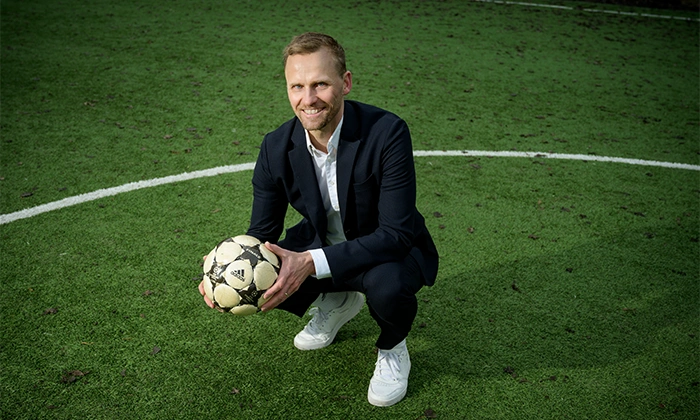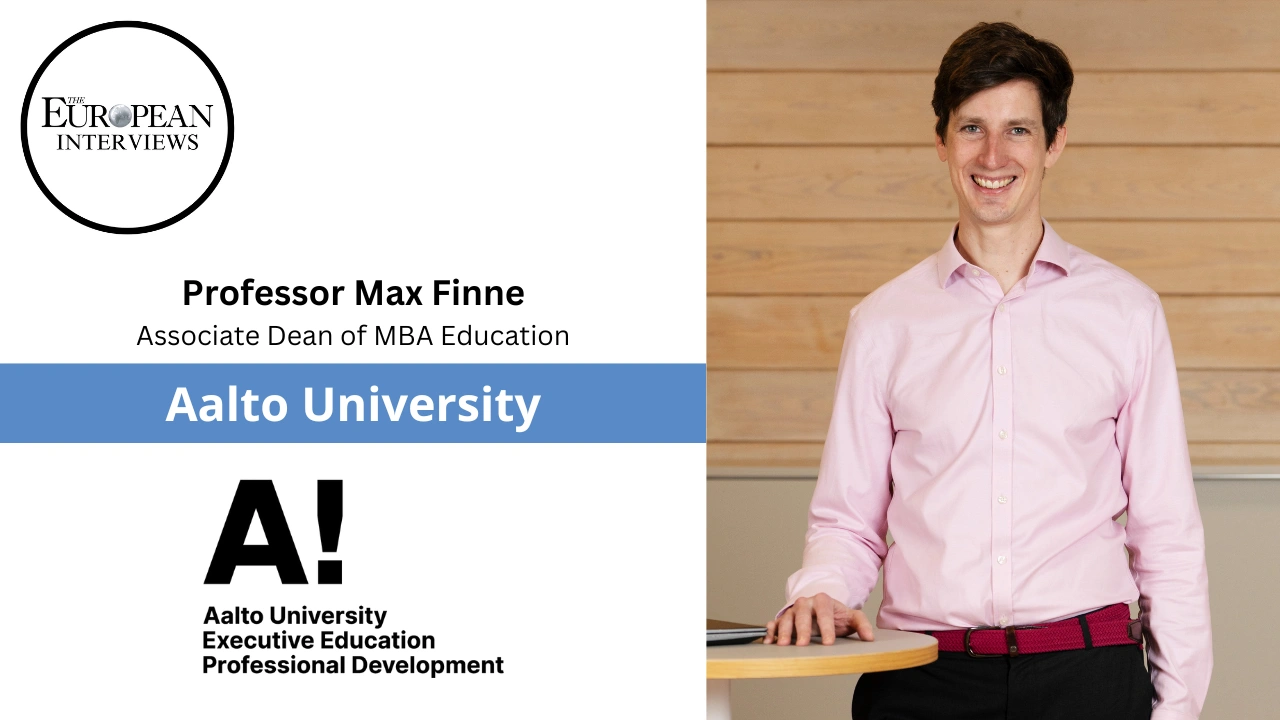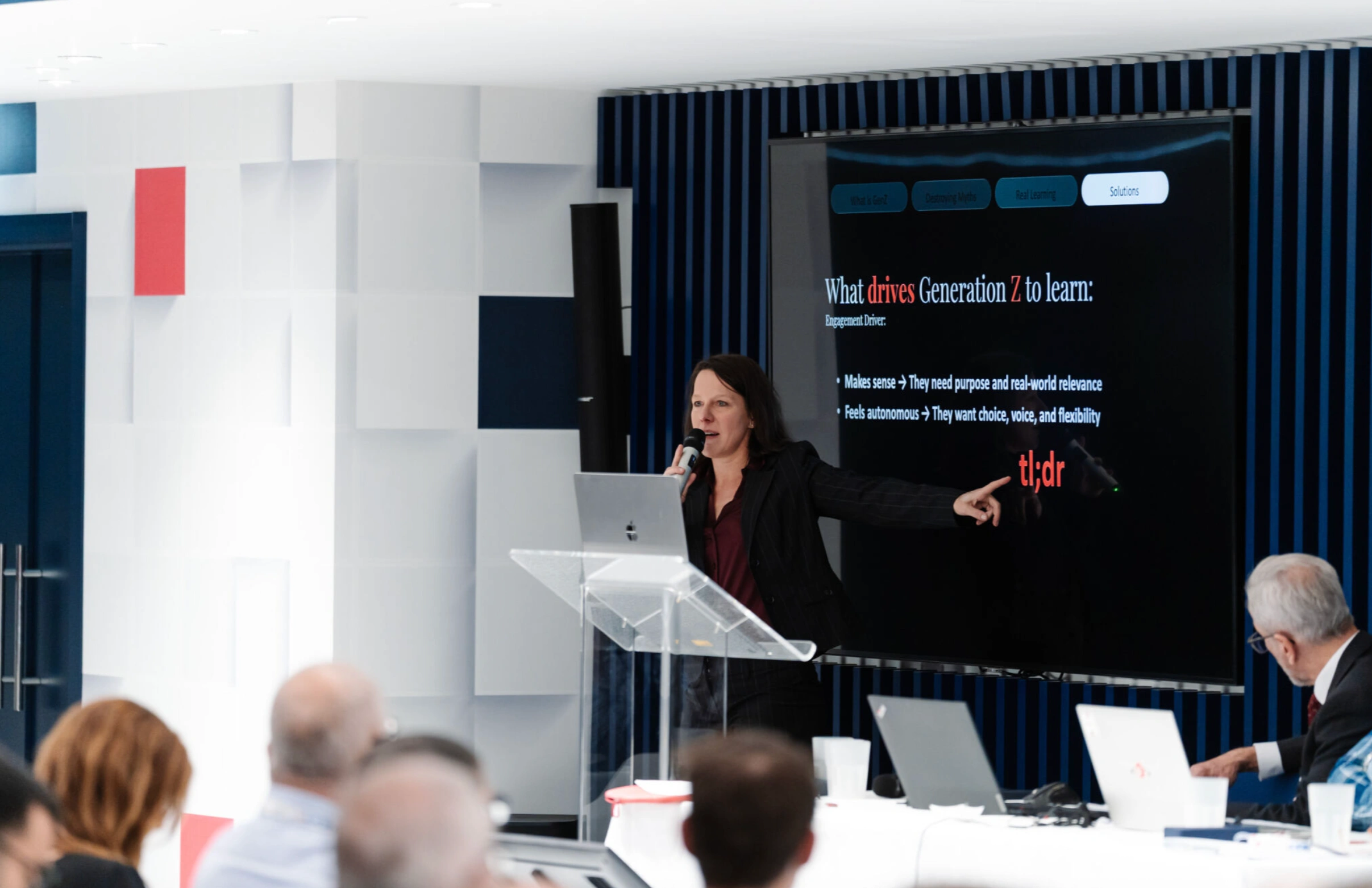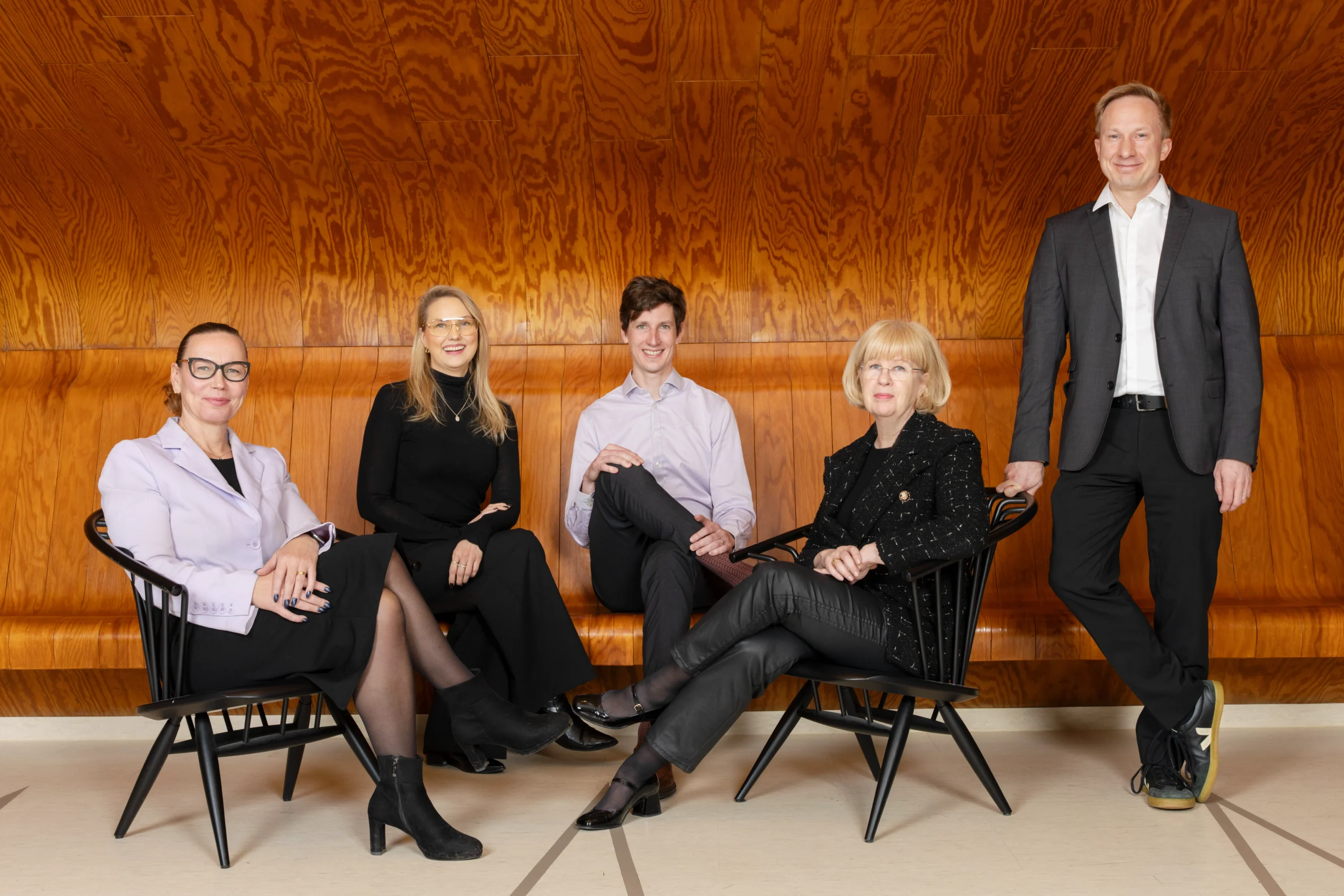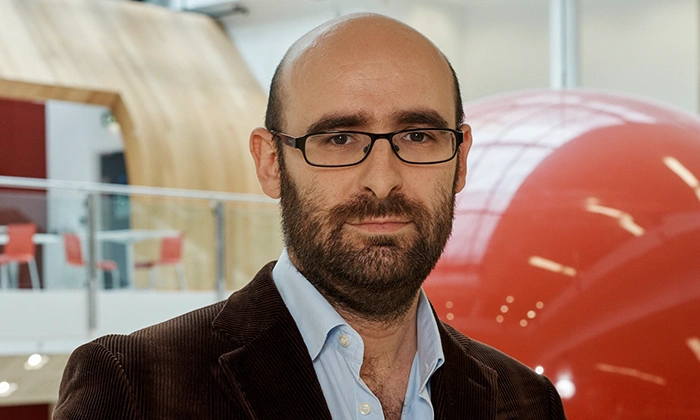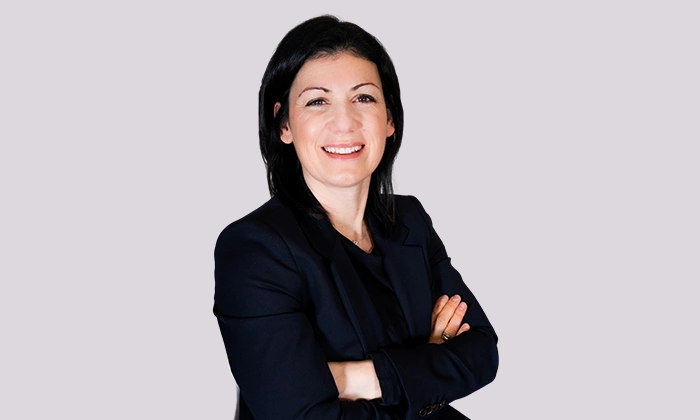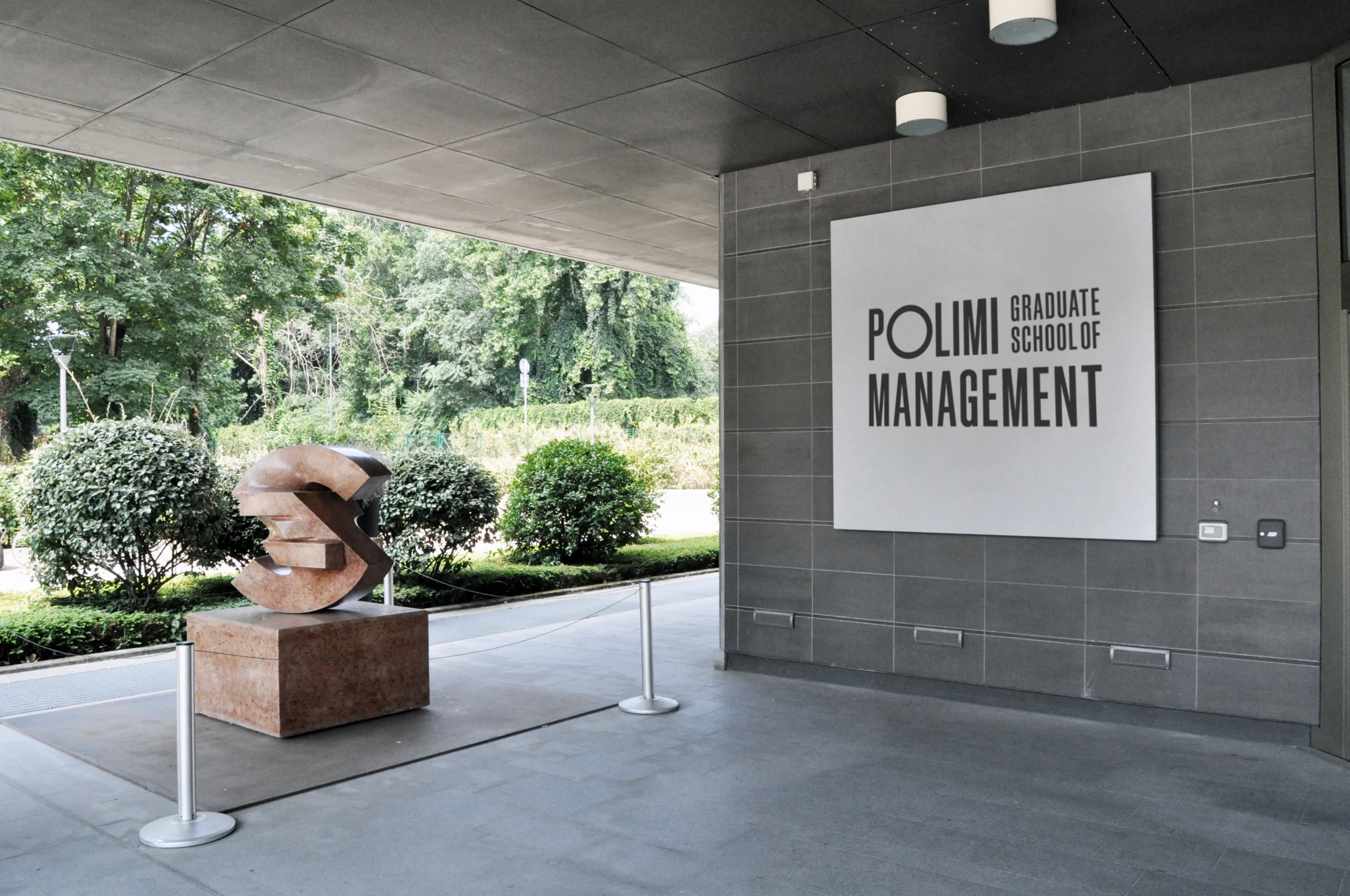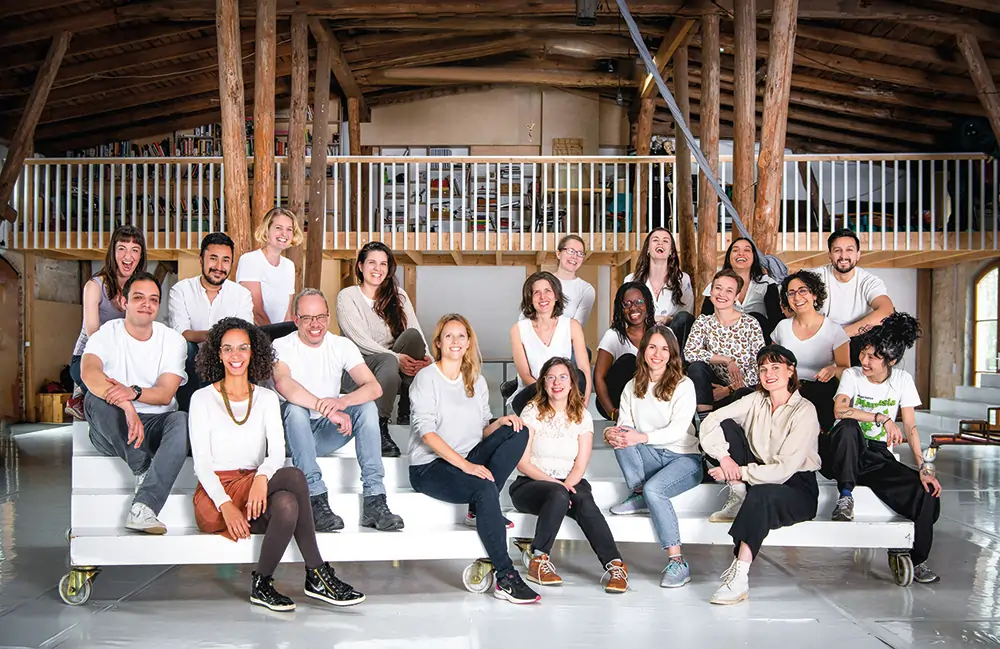Sustainability, Diversity and Wellbeing Highlighted As Key Topics at PIMFA Summit

John E. Kaye
- Published
- Executive Education, Home

At PIMFA’s nineteenth Annual Summit this week, the trade association for the personal investment and financial advice industry welcomed over 300 senior figures to address some of the key issues facing the industry such as the ever looming Brexit, the future of the UK economy and changing landscape of society, regulatory attitudes, ESG and employee and client mental wellbeing.
The flagship event was chaired by former Economics Editor & Chief Political Correspondent at ITV News, Daisy McAndrew and opened with a keynote address from David Ellis, Chief Executive Officer of Harlequins, who highlighted the importance of teams building relationships both ‘on and off the field’ and having the ‘right’ people on the team explaining that ‘toxic personalities are not welcome, regardless of how talented they are – the culture of a team or organisations is so important. To be the best, you need to like each other to want to go the extra mile for your teammates.”
He also shared his belief that true success is not possible without sustained purpose, to this end Harlequins “aim to lead in our community and have a purpose that inspires”. This mantra has led to the identification of disparities and inspired several initiatives such as the Women’s Team, ‘Pathways in Schools’, a coaching network etc. He ended his speech by stating that “we can all inspire our networks to tackle the elements that they specialise in to make the biggest difference in our industries or communities”.
Highlighting the need for the industry to adapt, the mid-afternoon panel ‘Wealth: A Future Focus’, with The Rt Hon. Lord David Willetts, President of Resolution Foundation Advisory Council and Intergenerational Centre, Matthew Cameron, Managing Director of LGBT Great, Holly Mackay, Founder/CEO of Boring Money, and Maarten Heukshorst, Chief Commercial Officer at Pershing, acknowledged the changing needs of society and values of future clients and potential employees.
Maarten said “as an employer, we want to address all areas of diversity. We are now focusing on unconscious bias and invested in a gender decoder software we run job descriptions through, as the language used in both marketing materials and job advertisements tends to be very masculine and can be off-putting to many demographics.”
Fellow panellist Holly also commented that “the industry is stuck and thinks about things in certain ways because Boards and firms often look the same and come from very similar backgrounds – it can feel like a club that not everyone is invited to join”. She went on to add “at the moment the industry is life-event driven, focusing on inheritance, and such. It is not looking at the future generation who don’t have a great deal of money to invest…yet. We need to do a better job of making the conversations more meaningful, relevant and easier to understand”.
Matthew continued the theme by stating “through research and data caption, we can better understand the industry, our clients and staff, how to best support and appeal to them for example we know there has been an 85% increase in more questions regarding diversity from an external perspective. More clients, and those applying to be employees, have a greater interest in what you are you doing as an organisation, before they invest their time or money.”
In the next session Matteo Montecchi, Teaching Fellow at King’s College London, highlighted a similar notion, saying, “clients are more interested in ‘connecting’ with companies and expect transparency and authenticity”. He challenged delegates to think about how their firms and the financial industry can integrate technology, the right interfaces and new solutions to their business, as Monzo has done.
This was followed by a panel speaking on employee wellbeing and mental health. Panellists, Michael Heyworth, Executive Director & Head of Client Delivery at Coutts, Paul Feeney, Chief Executive Officer of Quilter and Mark Twigg, Executive Director of Cicero, who shared their own experiences and had an open and honest discussion about the challenges of being a leader, its effect on mental wellbeing, and how to embed employee wellbeing into corporate culture from the top down.
Paul spoke openly and movingly about their personal journeys with mental health. Sharing his views mental health and wellbeing, Paul said: “I believe it’s the biggest taboo in the city, there’s a big undercurrent fuelling addiction, whether it’s substance abuse, alcoholism or eating disorders, because they don’t think that they can cope.” He went on to explain the benefits of an open and honest culture in the workplace and described it as “the biggest cultural transformation” for the company and has “helped the firm to be more resilient and able to rise to challenges”. “Supportive teams are more competitive teams and can make a company a happier place to work. If we are asking our employees to take care of our customers, we should take care of them.”
Mark also stated: “Cicero was started by three gay men, from the start we have always had a very open culture”, said Marc, “however, one thing we didn’t address was mental health. It took me until I was 40 to address my mental health issues. You’re afraid of how your friends, clients, colleagues will respond. Discussions like this need to be had, to help tackle the stigma; it is long overdue. “Being authentic is at the heart of wellbeing”, he continued, “allowing people to be human has a massive organisational impact and helps create an emotional connection with people, staff and clients. A lot of my clients have become friends and improved client retention; they want to be part of a community.”
Michael added, “At Coutts, we, unfortunately, did encounter some resistance to some cultural changes we wanted to make, because of our old lineage [a 300-year-old organisation], we have to push past that to adapt and evolve, like the rest of the world, overwise we’d die. It was important for us to get our own house in order, then started to look at our clients. If you allow your employees to bring their best selves to work, they’ll give that to clients and you’ll get that back.”
The all-female panel, “ESG and Impact Investing” included Julia Dreblow, Founder of Fund EcoMarket, Hortense Bioy, Director of Passive Strategies and Sustainability at Morningstar, Sarah Gordon, CEO of Impact Investing Institute and Natasha Muller, Founder of NM Impact, who spoke about what clients want now, and how are sector and service that need in a fast-moving market.
Hortense said, “The older generation is already starting to invest in sustainability. It’s not necessarily the younger people who are investing in it. You can see older people are now starting to switch from investing in traditional funds to more sustainable ones. A lot of people are waiting for everything to be perfect before they invest but we don’t have time for that.”
Sarah shared “it’s becoming a lot more mainstream than a couple of years ago and there’s a growing awareness of the demand to such a big problem together as a society. There’s been enough talking – we now need to get to action.”
“A lot of generations now, are trying to find a way to do something different from their previous portfolios, whereas before people will typically invest in products for financial gain, and then would engage in philanthropy as a way of doing good, but what our generation is doing is trying to find a way to combine the two; to have our portfolios and investment activities do good as a system. Traditionally, if you would allocate capital to oil or fossil fuels, and then you’re giving to environmental portfolios, your dollar allocation would be working against your philanthropic efforts.
Delegates had a regulatory update across two afternoon session, the first from Debbie Gupta, FCA’s Director of Life Insurance & Financial Advice, who spoke about the Regulators priorities for the industry, the challenges around a constantly changing landscape. Following this PIMFA and Worksmart also ran a practical session on the impending implementation of the Senior Managers & Certification Regime (SM&CR) on 9th December 2019.
After the regulatory update came the political one from two different panel of expert speakers including Katy Balls, Political Correspondent at The Spectator, Stephen Bush, Political Editor at the New Statesman, Rt. Hon Jim Murphy, MD of Arden Strategies, Dr. Rebecca Harding, CEO of Coriolis Technologies and Dr. Gerard Lyons, Chief Economic Strategist at Netwealth, who shared their insights on the current political climate, observations on the latest round of Brexit developments and offered their thoughts on some of the potential impacts such as if Brexit never happened, the likelihood of another General Election, Boris Johnson’s popularity and impact on UK politics, and more.
Picking up the theme of sustainability keynote speaker, Conservationist and TV Presenter Chris Packham CBE, entertained delegates with his anecdotes on growing up as a nature-enthusiast teenager and shared his passion for the subject by stating “on our watch 90 million birds have died and I can’t stand by, I need to do something and we are all in position to respond radically – lets jump before we are pushed”.
PIMFA Chairman, the Rt. Hon. Lord Deben, closed the Summit by thanking the speakers for their “insightful contributions and meaningful discussions”, and reiterated the importance of forward-looking industry, “adapting to change, through diversity, inclusivity, technology etc. is not an ‘add on’, but a representation of where we are going and how the world is moving. PIMFA gives a voice to our now-united industry which deserves to be heard. We must be a step ahead to move the whole system forward and our job is to make sure our clients benefit from the changes”.
Alongside the thought leadership throughout the day PIMFA also announced its latest strategic PIMFA Plus partnership with Investor Meet Company whose digital integrated platform provides individual investors and wealth managers with free, direct access to UK Listed companies via live, interactive management presentations around announcements.
This was in addition to the PIMFA ESG Academy which will begin in January 2020 in conjunction with partners Morningstar and Elephants Never Forget to provide members with practical help and understanding on how to discuss ESG with clients and incorporate ESG factors into client portfolios, thereby enriching their client relationships.
RECENT ARTICLES
-
 Hannu Tihinen on strategy, leadership, and the value of an EMBA
Hannu Tihinen on strategy, leadership, and the value of an EMBA -
 European MBAs adapt to AI as Aalto overhauls executive education
European MBAs adapt to AI as Aalto overhauls executive education -
 From dialogue to action: how emba X prepares leaders for a new era of responsible innovation
From dialogue to action: how emba X prepares leaders for a new era of responsible innovation -
 How Europe can learn faster: turning AI into safer, smarter adult training
How Europe can learn faster: turning AI into safer, smarter adult training -
 Aalto EE launches Aalto Tech EMBA to equip executives for digital transformation
Aalto EE launches Aalto Tech EMBA to equip executives for digital transformation -
 Supply chains are being remade. Leadership must be too
Supply chains are being remade. Leadership must be too -
 Why the real barrier to AI success sits in the boardroom
Why the real barrier to AI success sits in the boardroom -
 ETH Zurich and the University of St.Gallen redefine executive education with emba X, a new model of responsible leadership
ETH Zurich and the University of St.Gallen redefine executive education with emba X, a new model of responsible leadership -
 Why leadership is the strongest defence in South Africa’s schools
Why leadership is the strongest defence in South Africa’s schools -
 Porto Business School launches executive programme on AI strategy
Porto Business School launches executive programme on AI strategy -
 POLIMI Graduate School of Management strengthens global reputation in MBA and master’s rankings
POLIMI Graduate School of Management strengthens global reputation in MBA and master’s rankings -
 Trinity Business School strengthens standing in global MBA rankings
Trinity Business School strengthens standing in global MBA rankings -
 Meet the class of 2025… and their children. Why mid-life university learning is on the rise
Meet the class of 2025… and their children. Why mid-life university learning is on the rise -
 University of Michigan launches executive programme for chief data and AI officers
University of Michigan launches executive programme for chief data and AI officers -
 International education: A vision for global citizens
International education: A vision for global citizens -
 How to create lasting social change? Build a community
How to create lasting social change? Build a community -
 Tomorrow’s world needs Dyslexic Thinking
Tomorrow’s world needs Dyslexic Thinking -
 Why family therapy is the best investment you can ever make
Why family therapy is the best investment you can ever make -
 How EQ can give us the edge over AI
How EQ can give us the edge over AI -
 A true root and branch approach
A true root and branch approach -
 It's fine to say you're not ok
It's fine to say you're not ok -
 Are you willing to change with your organisation?
Are you willing to change with your organisation? -
 Emerging markets: Online learning for women unlocks economic potential
Emerging markets: Online learning for women unlocks economic potential -
 A programme of urgent importance
A programme of urgent importance -
 Why progress is not parity
Why progress is not parity

